13 Household Leftovers That Work Wonders as Garden Fertilizers
Instead of throwing away kitchen scraps, why not put them to good use in your garden? Many leftover ingredients can serve as excellent fertilizers, promoting healthier plants and better growth. These simple solutions are cost-effective and eco-friendly, making them a perfect choice for gardeners. Using leftover ingredients for fertilizer helps reduce waste while benefiting your garden. Take a look at how you can make the most of your leftovers to enhance your gardening efforts.
This post may contain affiliate links, which helps keep this content free. Please read our disclosure for more info.
Coffee Grounds
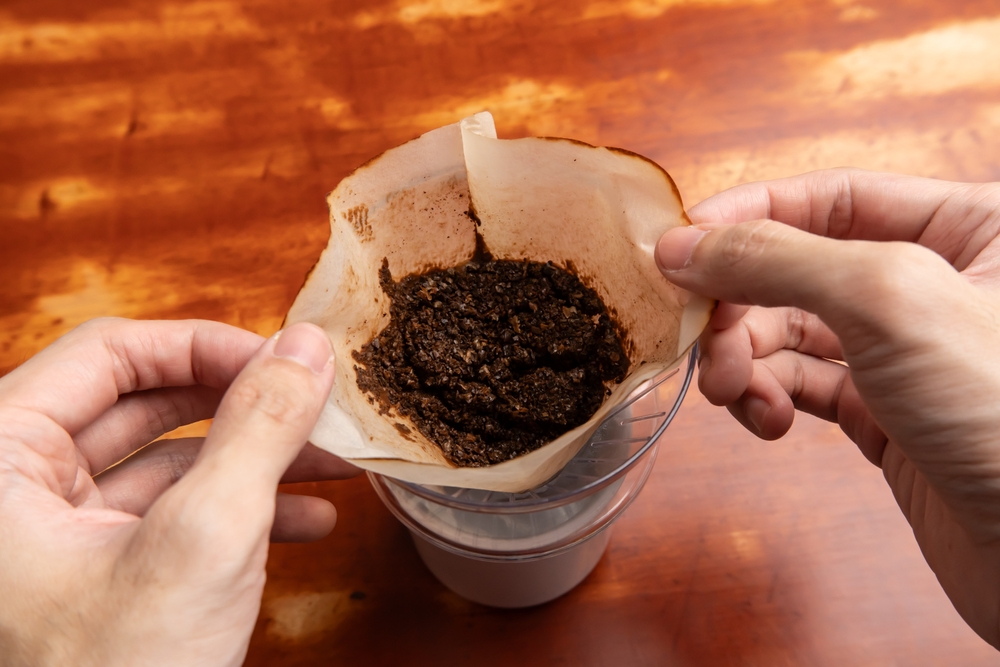
Used coffee grounds are an excellent addition to your garden as they are rich in nitrogen, which is essential for plant growth. Simply sprinkle the grounds directly onto the soil or mix them into compost to enrich it. They can help improve soil texture and water retention while also attracting earthworms. Be sure not to use too many at once, as high acidity could affect some plants.
Coffee grounds are particularly beneficial for acid-loving plants like tomatoes and blueberries. They can also help reduce pest problems, such as slugs and snails, making them a great natural repellent. Their texture allows them to improve soil aeration, promoting better root growth. This easy-to-use ingredient makes an effective and environmentally friendly fertilizer.
Eggshells
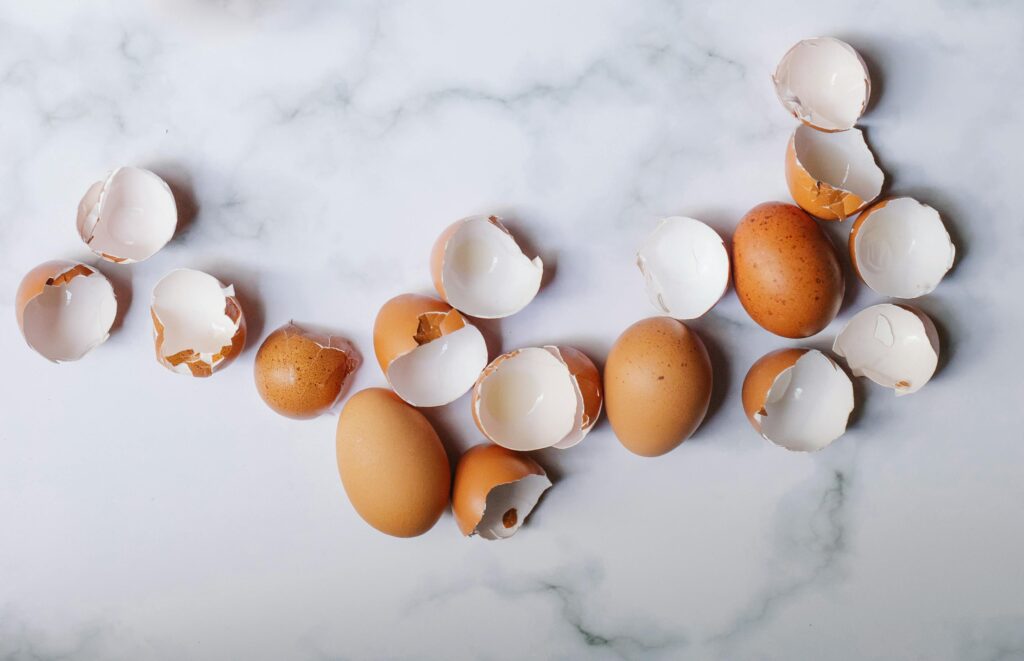
Eggshells are a great source of calcium for your garden, which helps strengthen plant cell walls and promotes healthy growth. Crush the shells and sprinkle them around the base of your plants or mix them into the soil. This can help prevent blossom end rot in tomatoes and peppers, which is caused by calcium deficiency. Eggshells also break down slowly, providing a steady source of nutrients over time.
These shells also serve as a natural pest deterrent, as their sharp edges can discourage slugs and snails from entering your garden. They decompose into a nutrient-rich substance that improves soil structure. For even better results, you can combine crushed eggshells with compost to enhance its benefits. Eggshells are a simple, low-cost way to improve your garden’s health.
Banana Peels
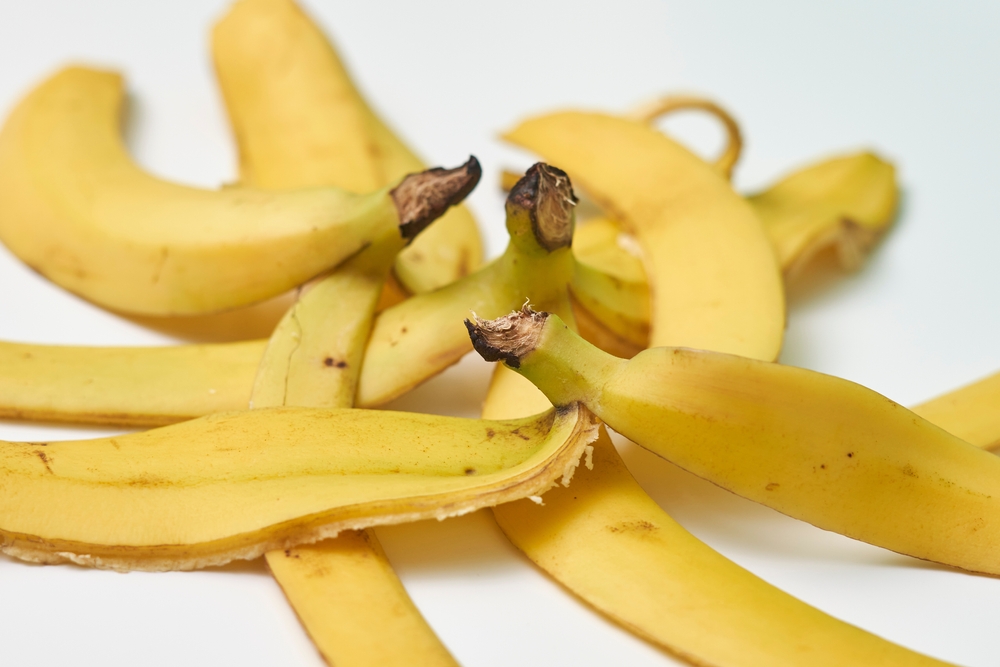
Banana peels are packed with potassium, phosphorus, and calcium, making them a great addition to your compost or directly into the soil. Simply chop the peels into small pieces and bury them under the soil around your plants. These nutrients help promote strong root development and flower production. They also break down quickly, providing a steady release of nutrients.
Banana peels are especially beneficial for flowering plants, such as roses, as potassium encourages blooming. The natural sugars in the peel also help attract beneficial microorganisms to the soil. In addition, they provide an excellent way to recycle kitchen waste into something valuable for your garden. This easy-to-use fertilizer is both effective and eco-friendly.
Tea Bags
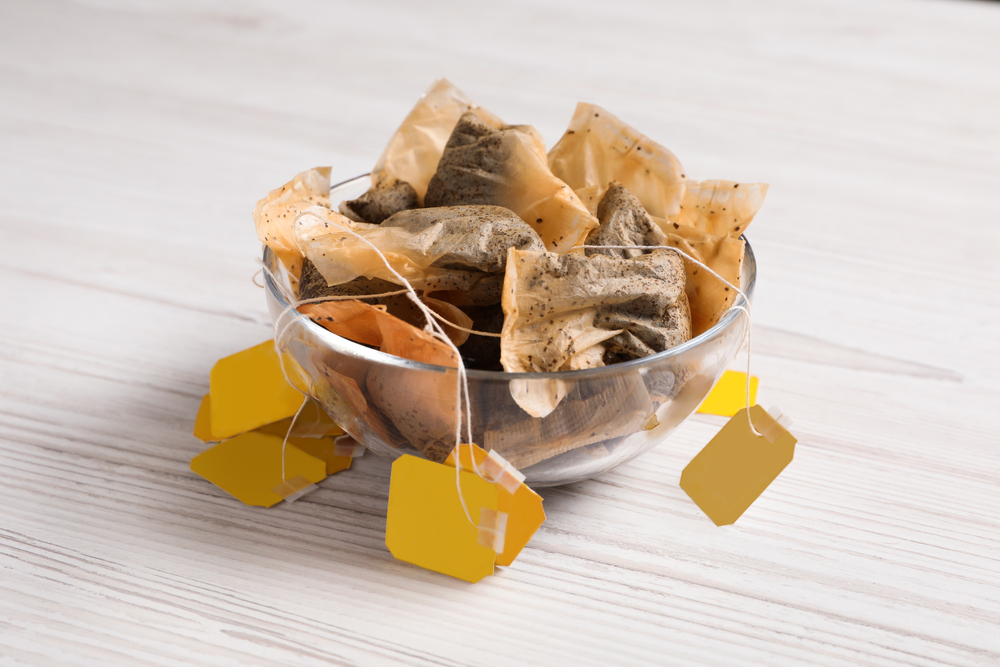
Used tea bags are rich in nutrients such as nitrogen, potassium, and phosphorous, which are vital for plant growth. You can cut open the bags and sprinkle the tea leaves directly onto your garden or compost pile. Tea leaves help enrich the soil and improve its water retention capacity. The bags themselves, if they are made from natural fibers, can decompose and contribute to soil health as well.
These tea bags are particularly useful for acid-loving plants, as tea leaves tend to lower the pH of the soil slightly. You can also use them as a mulch around your plants, keeping moisture in the soil. For added benefits, consider using herbal teas, which can introduce additional nutrients to your garden. Reusing tea bags helps minimize waste and benefits your plants in the process.
Fish Tank Water
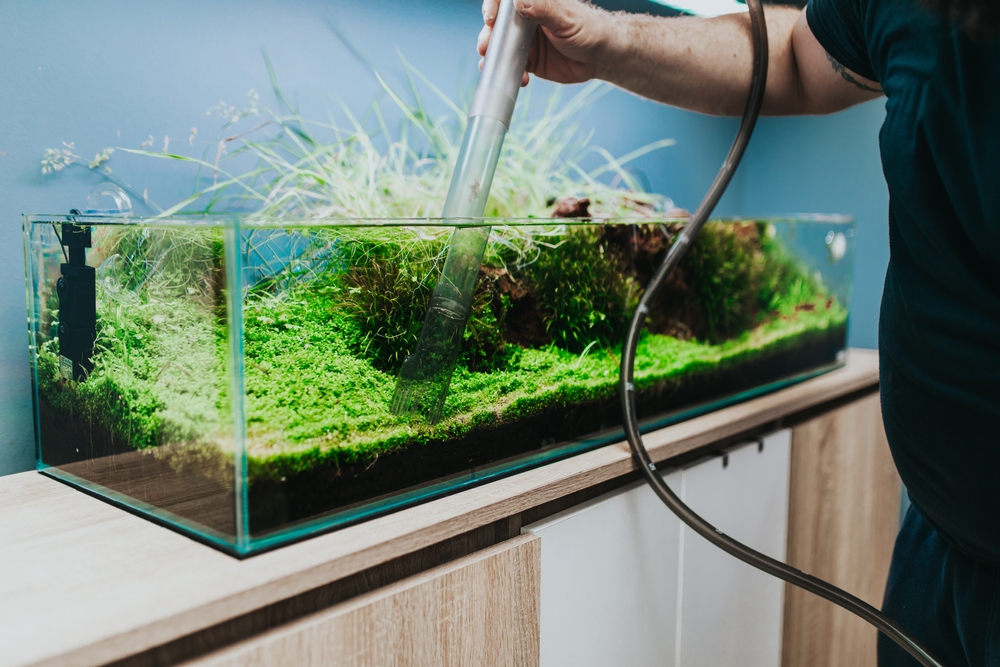
If you have a fish tank, the water can be a great liquid fertilizer for your plants. Fish tank water is full of beneficial nutrients, including nitrogen and phosphorus, which plants need for strong growth. Simply pour the water onto your garden or use it to water potted plants. This natural fertilizer provides an easy way to nourish your plants while cleaning your fish tank.
The water from your fish tank contains fish waste, which acts as an excellent organic fertilizer. It helps promote healthier root systems and improves plant resilience. Regular use of fish tank water can reduce the need for synthetic fertilizers, making it an eco-friendly option. Be sure to avoid overusing it, as the water can be too rich for some plants if used in large amounts.
Orange Peels
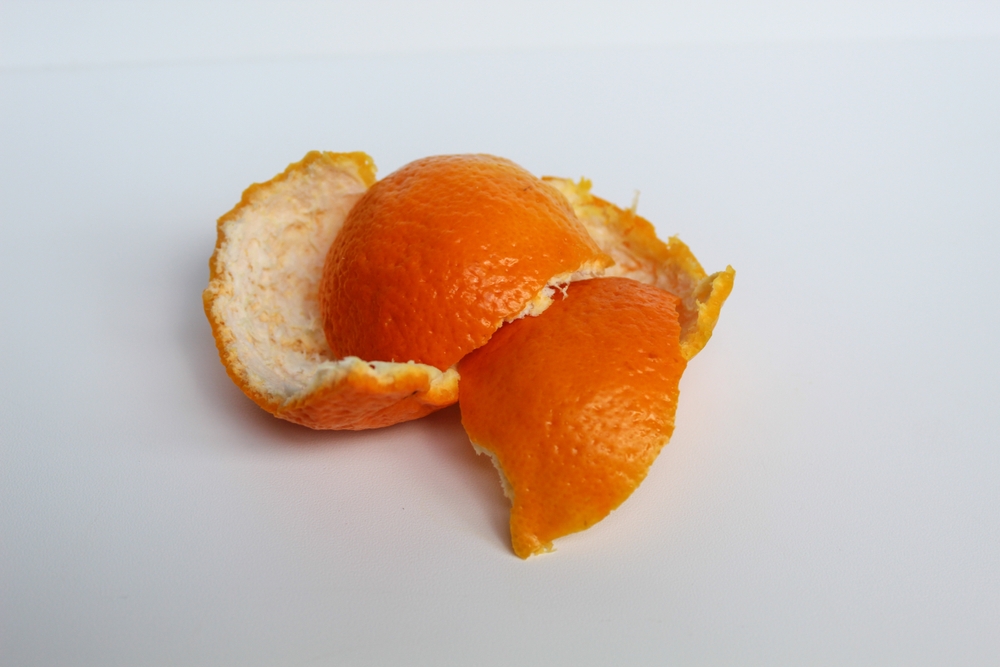
Orange peels are rich in potassium, phosphorus, and other essential nutrients that promote healthy plant growth. You can chop the peels into small pieces and either add them to your compost or directly bury them in the soil. They help improve soil quality by adding organic matter and nutrients that break down over time. Orange peels also contain natural oils that can help deter pests like aphids and ants.
The peels can be particularly beneficial for citrus trees or other plants that enjoy acidic soil. In addition to adding valuable nutrients, they can help improve the structure of the soil, making it more aerated and easier for plant roots to grow. Orange peels are easy to collect and provide a sustainable option for nourishing your garden. This simple and natural fertilizer helps create a more vibrant and healthy garden.
Potato Peels
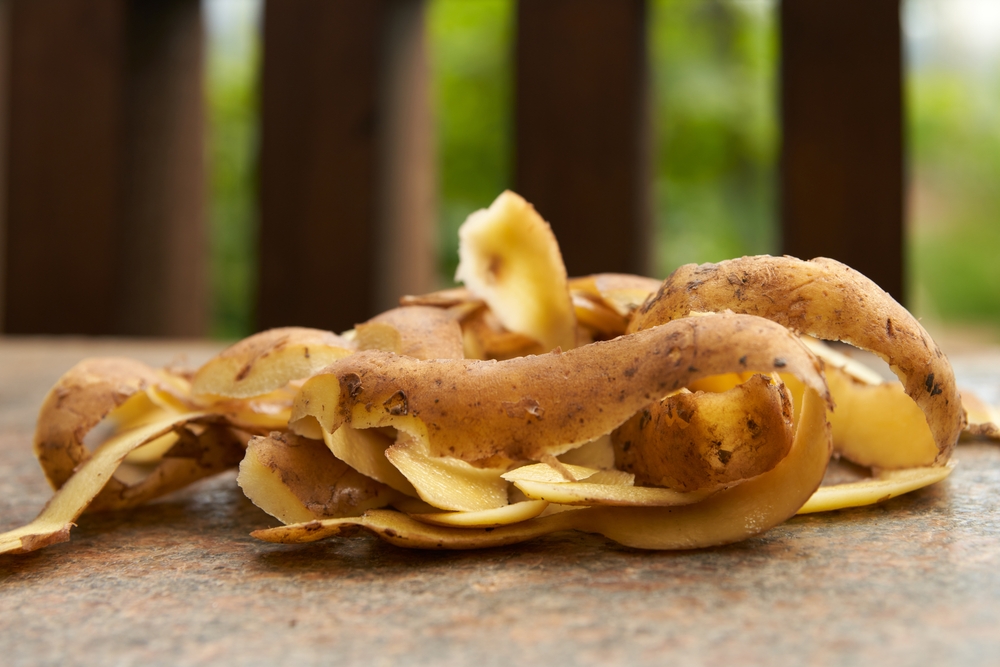
Potato peels are an excellent source of potassium, iron, and other nutrients that plants need to thrive. After peeling your potatoes, you can either add the scraps to your compost pile or bury them in the soil. They break down quickly, adding valuable nutrients to the earth and improving soil structure. Potato peels can also help retain moisture in the soil, benefiting plants during dry periods.
The peels work particularly well for root crops like potatoes and carrots, as they provide the necessary nutrients for root development. If you have excess potato peels, you can even make a quick and easy compost tea by soaking them in water. This simple step makes use of kitchen waste while providing your plants with essential nutrients. Potato peels are an excellent, natural fertilizer for a variety of garden plants.
Coffee Filters
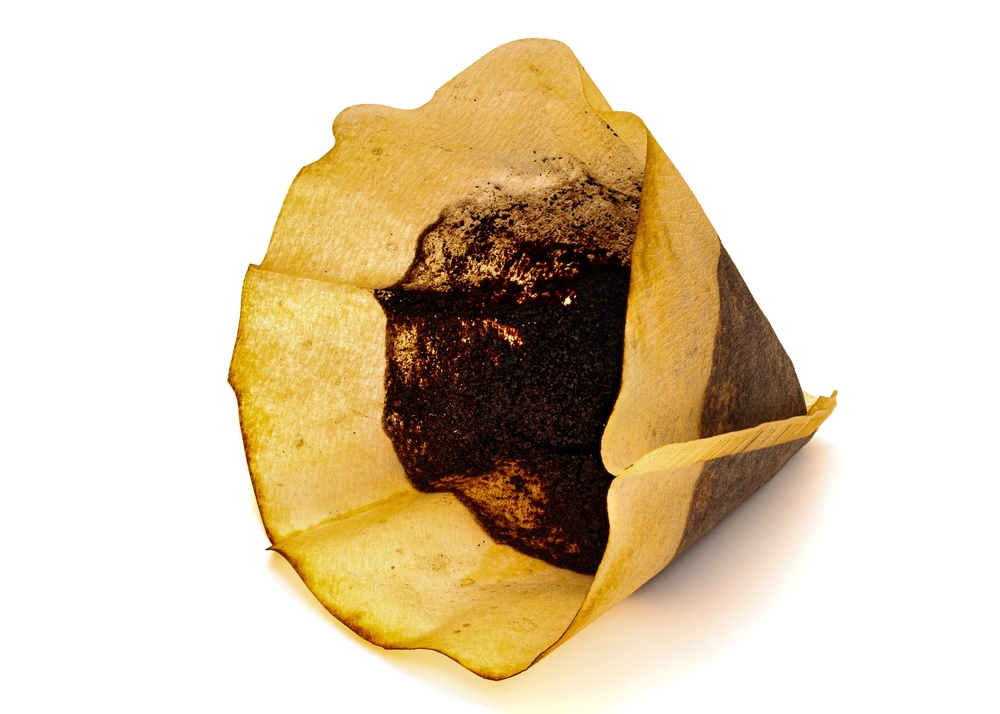
Used coffee filters are a great addition to your compost pile, as they break down easily and add fiber to the soil. Coffee filters are made from paper, which decomposes and helps improve the structure of the soil. You can tear the filters into small pieces and mix them into the compost or directly into the soil. This helps create a better environment for root growth and encourages healthy plant development.
Additionally, coffee filters can be used to line the bottom of your plant pots, providing drainage while also enriching the soil as they decompose. They are an easy way to recycle waste and improve your garden’s overall health. The fibers in coffee filters add bulk to compost, improving soil aeration and water retention. This small addition can have a positive impact on your garden’s growth and sustainability.
Avocado Pits
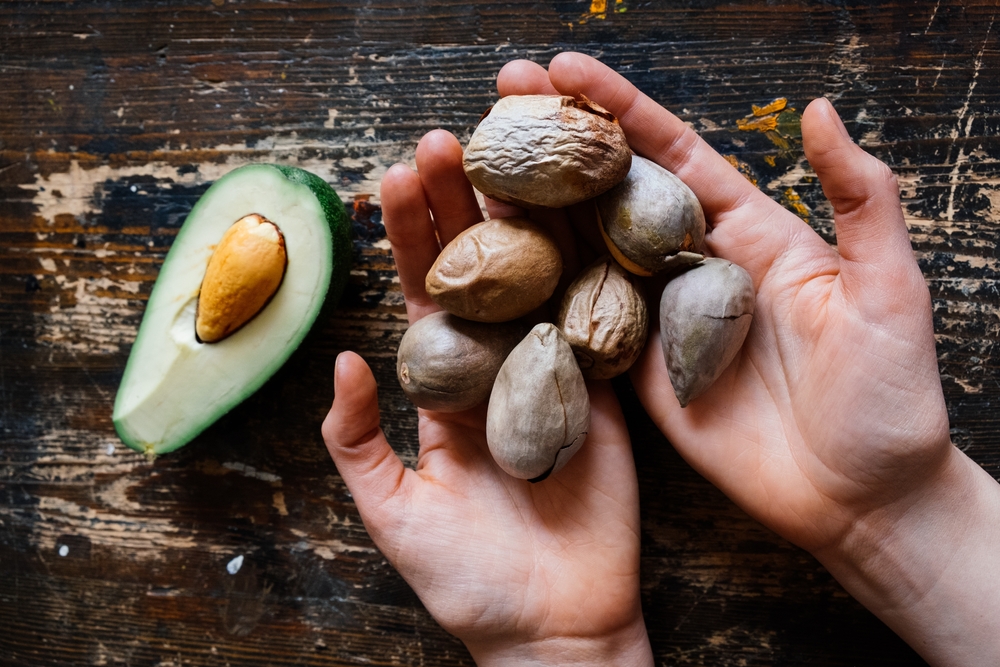
Avocado pits are packed with nutrients like potassium, magnesium, and phosphorus, which are all beneficial to your garden. After removing the pit from your avocado, you can cut it into smaller pieces and add it to your compost pile. The pit breaks down slowly, releasing nutrients over time and improving soil quality. It also helps retain moisture in the soil, making it a great addition during the dry months.
In addition to composting, you can use avocado pits in liquid form by soaking them in water for a few days and using the infused water on your plants. This nutrient-rich solution acts as a natural fertilizer. Using avocado pits in your garden is a sustainable way to reuse kitchen scraps and promote healthier soil. This simple and effective method helps nourish your plants without any added chemicals.
Rice Water
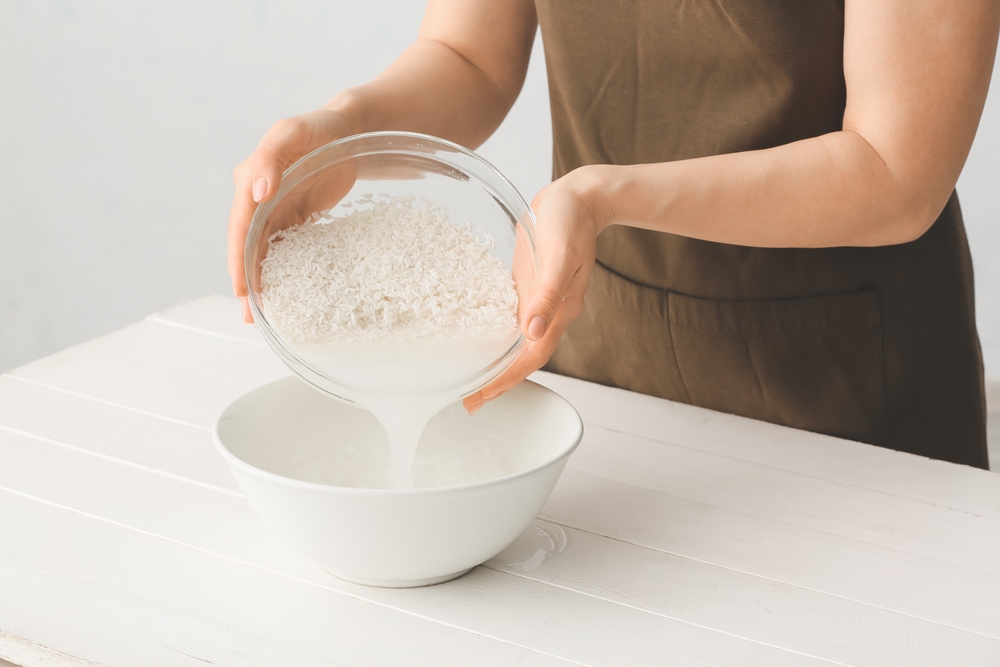
Rice water, the liquid left over after cooking rice, is a great natural fertilizer for plants. It contains starch and other nutrients that promote plant growth, making it a perfect addition to your garden. You can use rice water as a watering solution for your plants, especially for those that need a nutrient boost. It helps with root development and can improve the overall health of your plants.
Rice water is particularly beneficial for indoor plants, as it is gentle enough to avoid damaging delicate roots. It can also help improve soil structure when added to compost. This easy-to-make fertilizer is a great way to reduce kitchen waste while nourishing your garden. Simply collect rice water after cooking and pour it directly onto your plants to keep them healthy and strong.
Cucumber Peels
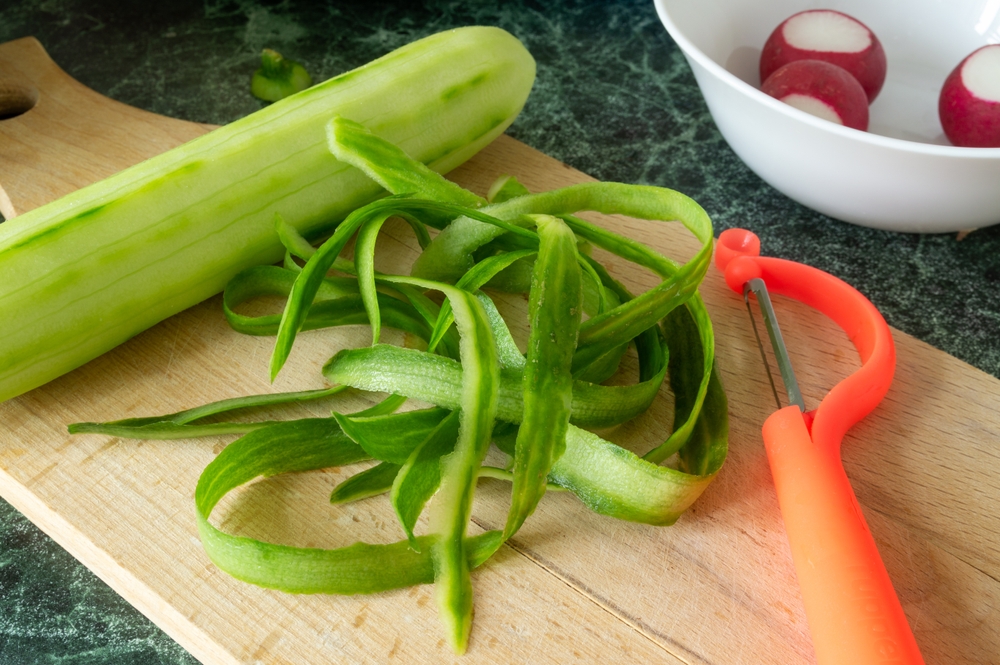
Cucumber peels are rich in potassium, calcium, and other nutrients that benefit plants. Simply add the peels to your compost pile or bury them in your garden soil to enrich it. Cucumber peels break down quickly, adding organic matter to the soil and helping it retain moisture. They can also provide an additional layer of protection against pests, as their strong scent repels insects like aphids.
These peels are especially helpful for plants like tomatoes and peppers, which benefit from the added potassium. You can also mix cucumber peels with other organic materials in your compost to create a nutrient-rich blend. The natural properties of cucumber peels help improve soil texture, allowing for better water retention and root growth. Using these scraps is an effective and eco-friendly way to improve your garden.
Lettuce Leaves
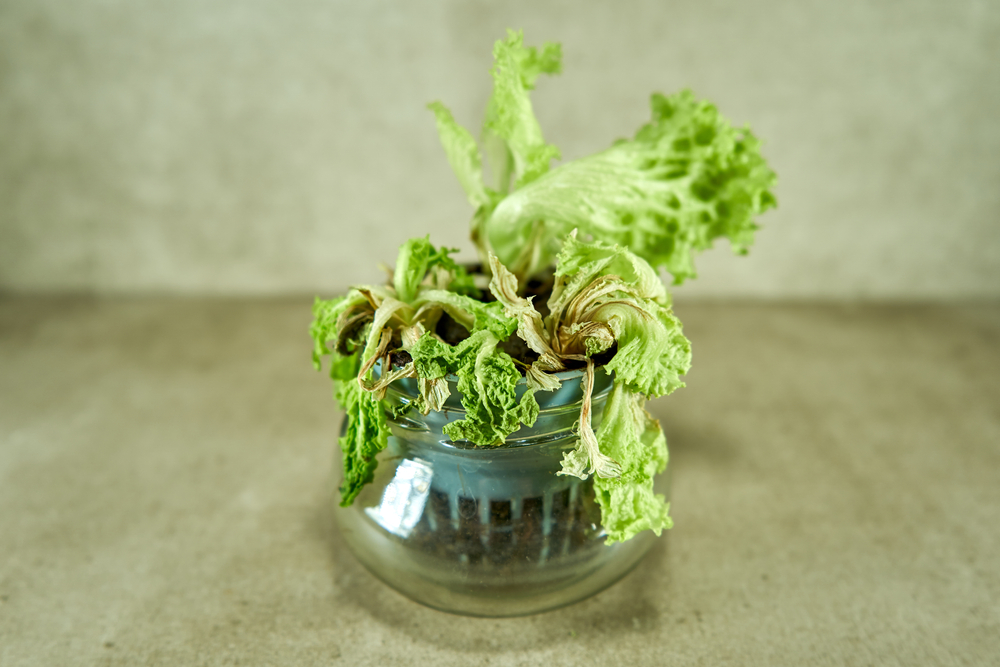
Lettuce leaves, especially wilted or leftover ones, are a great addition to your compost pile. These leaves are rich in nitrogen, which is essential for healthy plant growth. They break down quickly in compost and provide an excellent source of nutrients for your garden. Lettuce is also a natural source of moisture, which helps keep the compost pile hydrated and promotes healthy decomposition.
You can also use lettuce leaves as a mulch around your plants, where they help retain moisture and suppress weeds. As they decompose, they release valuable nutrients that feed your plants. By reusing these kitchen scraps, you reduce waste while benefiting your garden. Lettuce leaves are a simple and effective way to nourish your soil and improve plant health.
Corn Cobs
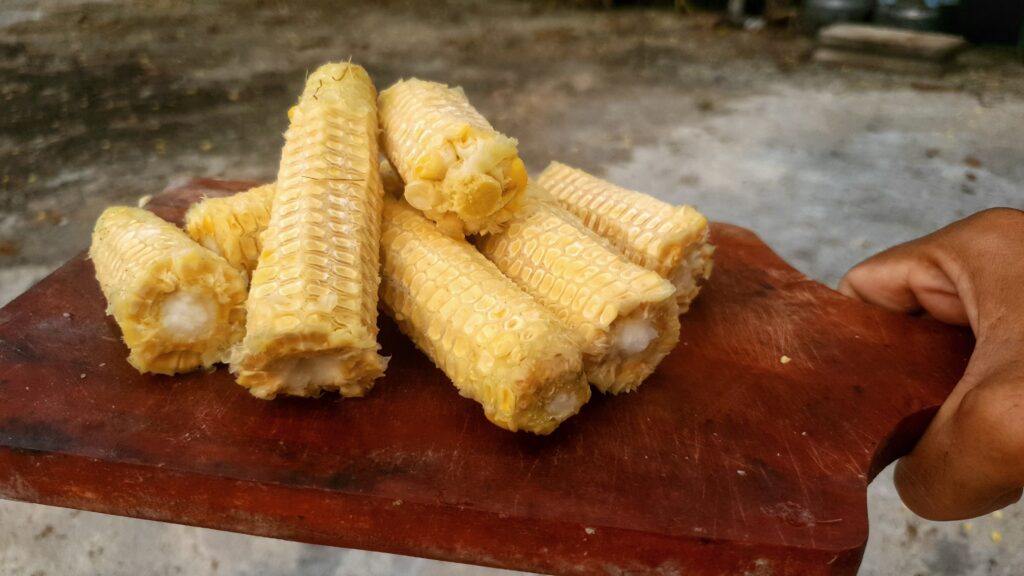
Corn cobs are often overlooked, but they make an excellent addition to your compost pile. Rich in carbon and other organic matter, corn cobs help balance the nitrogen in compost and improve soil aeration. Simply chop the cobs into smaller pieces to speed up their breakdown. This process enriches the soil, providing long-term benefits for plant health.
Corn cobs can also be used as a mulch around plants, especially those that thrive in moist soil. The decomposition of corn cobs releases slow-released nutrients, which promote plant growth. These cobs help improve soil structure, making it more suitable for root development. By recycling corn cobs, you create a more sustainable garden while improving the health of your plants.
Repurposing leftover ingredients into fertilizers is a cost-effective and eco-conscious approach to gardening. These easy-to-follow methods help improve soil health and encourage healthy growth. Adopting these simple practices will make your garden thrive while supporting a greener planet.
This article originally appeared on Avocadu.
